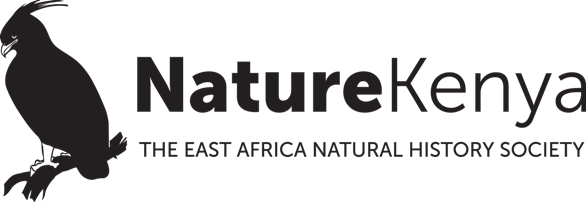By Gilbay Obunga
Communities in rural areas mostly rely on natural resources for their daily needs. Over-reliance on natural resources such as wood for fuel has led to the destruction of habitats such as forests. Women, who often have to spend much of their time and energy looking for firewood and water, are the most affected by forest degradation. As such, their direct interaction with forests for firewood, fodder and other products has offered them the necessary knowledge and skills to wisely utilize these resources to meet their basic needs.
In Taita Hills, women have organized themselves into groups to conserve and manage the relic Taita Hills cloud forests. One such group is the Iyale Angamiza Jangwa Seedling Group. This group was founded in 2009 to mobilize women to support the conservation and management of Iyale, Wesu, and Mbili forest fragments. Currently, the group has 16 members engaged in growing indigenous trees, among other activities.
“We started restoring forests because our indigenous trees were disappearing after being replaced by exotic ones, which affected our water supply. This is why we came together as women and started planting indigenous trees that are our heritage and make our environment better,” says Honorina Wache, the group’s secretary.
Through support from the Darwin Initiative, the group has restored 16.1 ha by planting 20,068 assorted indigenous tree species (sourced from their tree nursery) in the degraded and fire-damaged areas of the Iyale forest. To ensure high survival rates of the planted seedlings, the group undertakes spot weeding and replanting at restoration sites.
“By conserving forests in Taita we are also conserving our threatened birds like the Taita Apalis and Taita Thrush,” she adds. The Taita Apalis and Taita Thrush are only found in Taita Hills forests.
The group is also promoting beekeeping to empower its members to support nature conservation. On this front, the group has received 60 Langstroth beehives and bee suits purchased by Nature Kenya with funding from the Darwin Initiative and People Partner with Nature projects. The hives have been distributed to members across the Taita landscape.
“When we conserve our forests, we get clean air, good rains, pasture and bees also get food. Bees give us honey and other products,” says Honorina.
Members of the group have received training in apiculture and value addition to make the most out of beekeeping. In addition to producing honey, the group makes a beeswax-based body cream called Kilambo Soft. Kilambo is a Taita word meaning ‘something’. This locally-produced body cream softens and moisturizes skin and is also used to treat athlete’s foot and skin rashes. Honorina attended the 2023 Nairobi International Trade Fair, where she marketed Kilambo Soft and other wax products from Taita Hills. Her appearance at the trade fair helped to open up new markets for the body cream that was an attraction at the Nature Kenya stand.
